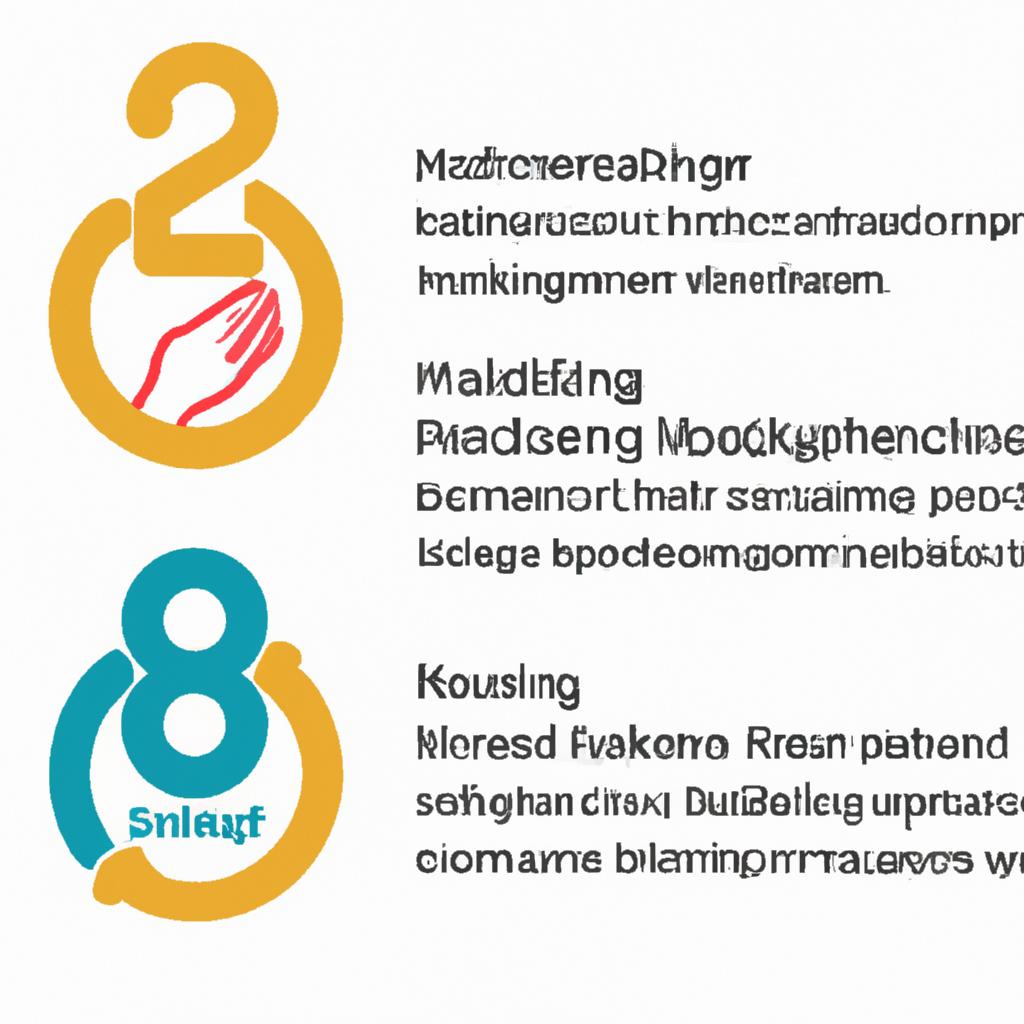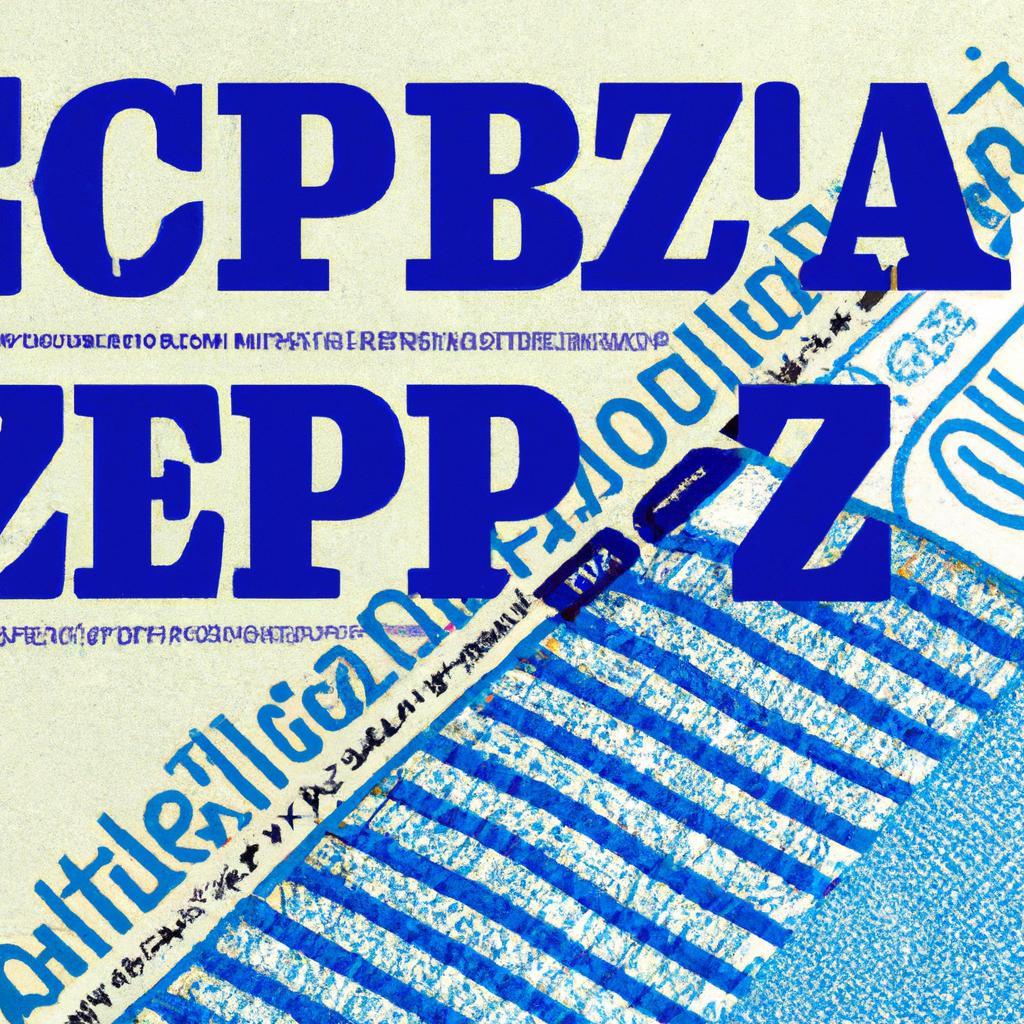In a world where global markets and digital connections reign supreme, it’s easy to overlook the humble postal code as just a string of numbers. However, behind each zip code lies a unique community and identity that shapes the brands we know and trust. Respecting the zip code is not just about sending letters to the right address, but about protecting the quality and integrity of brands that depend on these local connections to thrive. In this article, we delve into the importance of preserving the individuality of zip codes and the impact it has on brand perception and customer loyalty.
Heading 1: Importance of Maintaining Brand Integrity within Specific Zip Codes
As businesses expand their reach into specific zip codes, it becomes crucial to uphold brand integrity within those areas. Maintaining a consistent brand image within specific zip codes not only builds trust with local customers but also protects the reputation of the brand as a whole. By respecting the unique characteristics of each zip code, businesses can tailor their marketing strategies and messaging to better resonate with the local community.
When brands prioritize maintaining authenticity within specific zip codes, they demonstrate a commitment to quality and customer satisfaction. Consistent branding across all touchpoints, whether it be physical storefronts, online platforms, or promotional materials, helps to establish brand recognition and loyalty among local consumers. By protecting and upholding brand integrity within specific zip codes, businesses can differentiate themselves from competitors and create a lasting impact on the communities they serve.

Heading 2: Strategies for Ensuring Consistent Quality Across Different Locations
One key strategy for ensuring consistent quality across different locations is to establish clear brand guidelines and standards that all franchisees must adhere to. By creating a set of rules and regulations that outline the expectations for product quality, customer service, and overall brand representation, companies can ensure that their brand integrity is maintained no matter where their locations are.
Another important strategy is to provide comprehensive training and ongoing support to franchisees to ensure that they understand and implement the brand guidelines effectively. This could include regular quality control checks, training sessions, and access to resources and materials that help franchisees stay on track. By investing in the success of their franchisees, companies can protect their brand reputation and ensure that customers receive a consistent experience no matter where they go.

Heading 3: Collaborating with Local Stakeholders to Safeguard Brand Reputation
Collaborating with local stakeholders is essential for safeguarding brand reputation and upholding quality and integrity standards. By working closely with community members, businesses can gain valuable insights into local customs, preferences, and expectations. This collaboration can help companies tailor their products and services to better meet the needs of the community, ultimately enhancing brand loyalty and reputation.
- Building Trust: Establishing strong relationships with local stakeholders builds trust and credibility for the brand within the community.
- Ensuring Authenticity: By engaging with local stakeholders, businesses can ensure that their products and services are authentic and aligned with community values.
- Supporting Sustainable Practices: Collaborating with local organizations can help businesses implement sustainable practices that benefit both the brand and the community.
Insights and Conclusions
respecting the zip code is not just about protecting brands, but also about upholding the integrity and quality of products and services. By ensuring that brands are used in the right context and with the right message, we can maintain a sense of trust and consistency that ultimately benefits both consumers and businesses alike. Let’s remember to always respect the zip code and keep our brands shining bright. Thank you for reading.
